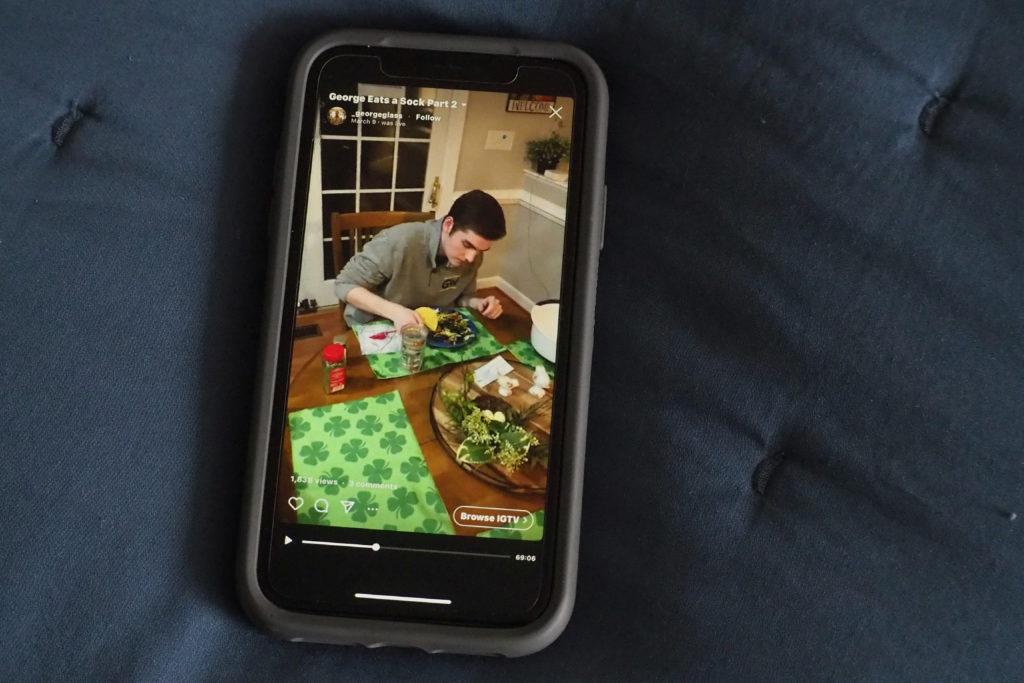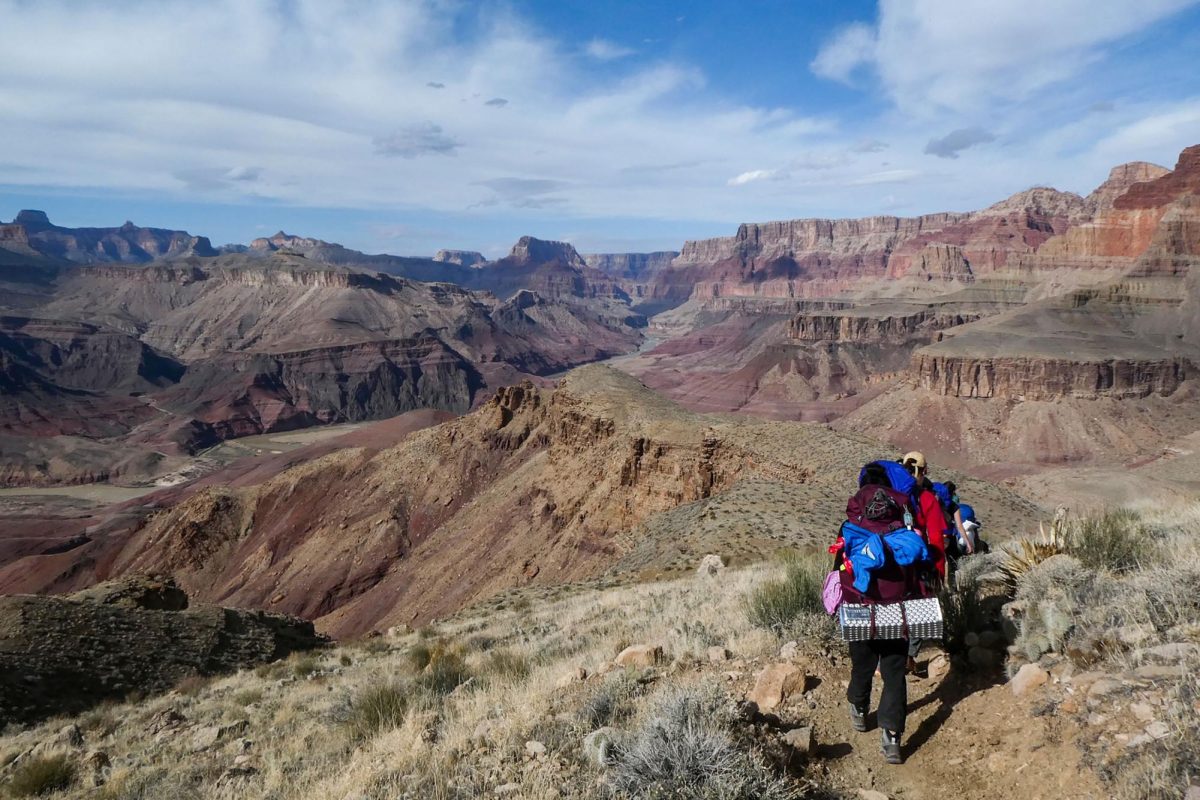A student-run fundraising organization is donating more than $4,000 in individual contributions to support peers in need of emergency financial assistance.
The GW Mutual Aid Fund, which provides resources and financial support to peers impacted by the COVID-19 pandemic, hosted two events on Instagram Live during spring break for students to tune in to and donate for the group’s emergency collective fund. Students involved in organizing both fundraisers said they wanted to host nontraditional ways to rally student excitement online, through events like a sock-eating livestream and chess tournament.
Yannik Omictin, one of the co-founders of GW Mutual Aid, said the pandemic has demonstrated the necessity of mutual aid efforts and wealth redistribution in response to the rising need for emergency financial relief. He said the group has worked year-round to educate students and remind them at events about the need for community involvement to support each other.
“COVID has made it so that we need more of those kinds of events to remind us of the community that we are and the fact that we keep us safe, we keep us posted and fed and housed and all that,” Omictin said. “I mean, we have to rely on each other.”
He said in addition to the livestreamed events, other on-campus organizations like GW Black Defiance and students have hosted fundraisers of their own this past month. He said the fund has no structured leadership and operates as a collective, meaning any student can approach the organization with an idea to host a fundraiser or plan to gather donations.
Students can request financial assistance through the group’s request form, which is dispersed on a rolling basis to cover students’ immediate needs.
“I would like to think that this kind of mutual aid-like movement would exist without COVID-19,” Omictin said. “But I think COVID-19 has made it such that mutual aid is necessary. In essence, governments have been failing us. Institutions have been failing us. And that’s where we have to step in.”
George Glass, a senior who organized one of the fundraisers, said he ate a sock on Instagram Live last summer after losing a bet to one of his friends and was shocked to see more than 50 students tune in to watch. He said seeing students’ excitement prompted him to host a fundraiser for GW Mutual Aid in October, at which he consumed a second sock before more than 300 people over Instagram and raised more than $1,225 in donations.
“I thought that if 50 or 60 people would watch me eat a sock, then those 50 or 60 people can also donate,” Glass said.
He said he decided earlier this month to hold one last sock livestream fundraiser with a goal of reaching $2,000 in student donations. A student counted donations as they came in throughout the event, which attracted up to 500 viewers and $2,300.
In total, he said he has raised $3,525 in total for the GW Mutual Aid fund over the past six months.
“For a mutual aid network to operate, they need money from students who might be more fortunate,” he said. “When you have an event like this, raising thousands of dollars is really the main reason I think it’s brilliant.”
Sophomore Karina Ochoa Berkley and junior Justin Diamond also raised more than $2,100 in an online chess tournament where viewers were able to tune in, donate and have the chance to play themselves. Ochoa Berkley, a political science and philosophy major, said the tournament included student leaders from the Student Association, GW College Democrats and GW College Republicans, as well as others with large social media presences.
Ochoa Berkley said she and Diamond had a “mutual interest in chess,” which prompted the idea for the event. She said they wanted to pick students with large social media followings and campus presences, regardless of their chess ability, to encourage a larger student audience to donate.
She said she was happy the event had a large turnout and was able to surpass its goal of $2,000 to ease students’ financial burdens for groceries or rent, which “the average GW student takes for granted.”
“There’s recognition that, ‘Hey, I have some extra wealth that I don’t need as much as you probably do,’” she said. “Making that recognition and then making active participation in mutual aid is really important to community building and establishing solidarity with people who have different access to resources.”
Ochoa Berkley said she sees potential for students to organize more niche events in the future that also benefit funds like GW Mutual Aid.
“There’s a myriad of ways to be creative with your passions and make sure that they’re productive and that they’re serving the community,” she said. “We’re hoping that something as seemingly unrelated to mutual aid as chess could inspire some creativity and other people to turn activities they engage in on a day-to-day basis into activities that materially support their community.”
Diamond, the co-organizer for the event, said he hopes the tournament will “begin a virtuous cycle” of student events organized outside of the University that rally everyone in the community. He said the group set up their fundraising goal to “ramp up their efforts” to support students after seeing Glass’ success.
Diamond said he saw the tournament as a way to bring the GW community together and share his hobby.
“Take something you’re passionate about and run with it, and even if you only raise $10, then at the end of the day it’s still something you enjoy doing,” he said. “If we raised no money, we would have still helped build a better sense of community at GW.”








